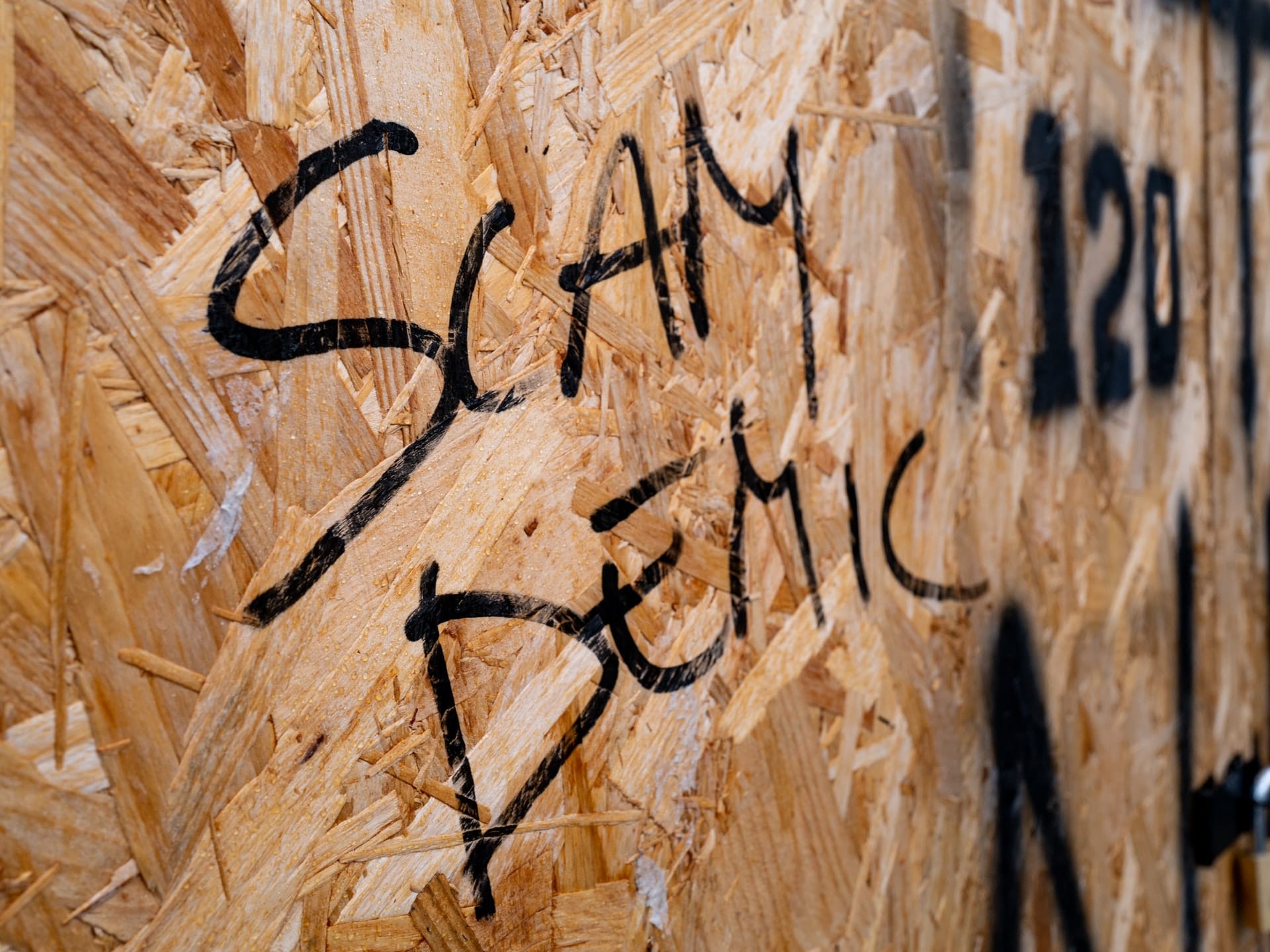Anti-Mask Beliefs Affect Parental Access Decision

COVID-19 has had an undeniable impact on parental access and decision-making cases over the past year. From instances where a parent is found to be lax in observing health and safety protocols, to cases where children are suffering from COVID-19 anxiety, courts have faced a number of unprecedented questions on how to determine parenting during a pandemic.
One new addition to the roster of COVID-related parenting issues relates to parents who give credence to the fringe theory that the pandemic is a hoax. A family court in Windsor, Ontario was recently faced with the question of whether to continue a father’s access to his children after he became a vocal supporter of the ‘COVID is a hoax’ theory and ardently refused to wear a mask in public.
Mother Seeks to Limit Father’s Access Due to His Refusal to Comply with Health Regulations
The parents were married in 2013 and separated in 2019, after having two children. Under a previous order, the father had access to his children each weekend, when they would stay in his care. However, the mother became increasingly concerned with his behaviour after the start of the pandemic when he began to become vocal about his beliefs that the global health crisis was a hoax.
He began posting his position on social media and eventually started participating in and promoting various public demonstrations to protest the mandatory mask regulations, vaccinations, social distancing rules and other health ordinances. He also began sharing photos of himself at stores without a mask and boasting about his refusal to comply with regulations.
As a result of his behaviour, the mother brought an application seeking interim custody of the children, with supervised access for the father at a Supervised Access Centre where he would be required to comply with health regulations in order to see his children.
Best Interests of the Children Prioritized Over Father’s Right to Freely Express Beliefs
In considering the mother’s application, the court took note of the fact that the father regularly refused to comply with health regulations. Not only did he refuse to say, wear a mask in public, he also took part in protests to overturn the policy and shared evidence of his non-compliance repeatedly on social media.
While the court noted the father’s right to express his beliefs (so long as his expression was not in contravention of the law), it was clear that his beliefs would carry over to the time spent with his children, potentially putting their health at risk.
I have concluded that the respondent’s behaviour is dictated by his world view. Everything else is subordinate to that view, including, but not limited to, his love for his children.
…
[The father] is entitled to his opinions. He is entitled to express those opinions by lawful means. However, it is not [the father]’s opinions alone that are at issue before the court. Rather, at issue is whether [the father]’s conduct in public poses a risk to the best interests of his children.
Given the father’s stance, and his claim that he could not wear a mask in public spaces due to “a pre-existing condition of standing up for [his] rights”, the court felt that he would be jeopardizing his children’s health if he were permitted to continue weekly access at his home. Despite the fact that the father provided a photograph of himself out with his children, each wearing masks, the court was not satisfied that this was sufficient.
Even if the father fully observed masking and social distancing protocols while with his children, he had admitted and documented the fact that he regularly refused to do so otherwise. If he were to become infected a day before his access began, he could potentially be exposing his children to COVID-19 for two visitation periods during the 14-day incubation period.
Court Applies Same Logic to Case as to Other Parenting Disputes Over Medical Issues
While COVID-19 and the various protocols put in place to protect Canadians from infection are still relatively new, family courts have long presided over medical disputes between parents. In recent years, the question of whether to vaccinate has become a more prominent issue, and there have also been disputes of whether to allow procedures such as blood transfusions. While COVID conspiracies and anti-masking stances are a new feature of society, the same logic can be applied when it comes to a parent’s ability to make medical decisions for their child.
In the case at hand, the court considered the father’s right to his beliefs in contrast with the potential risk his beliefs created for his children. In this case, the court found that the best path forward, for the time being, was to limit his access to supervised contact with the children in a neutral location (a Supervised Access Centre) where medical protocols must be followed.
Further, the court placed all medical decisions with the mother, including the decision of whether to vaccinate the children against COVID-19 once the option becomes available.
Contact Mincher Koeman in Calgary with Questions Pertaining to Parenting Disputes
The family law lawyers at Mincher Koeman are exceptionally experienced with respect to parenting plans and child access arrangements following the breakdown of a relationship. Contact our office today by calling us at 403-910-3000 or contact us online.
A team above all. Above all a team.
Calgary Office
707 7 Ave SW #1300,
Calgary, AB T2P 3H6
Canmore Office
621 10 St #101
Canmore, AB T1W 2A2
Subscribe to our blog!
© Mincher Koeman LLP 2025. All rights reserved.
Website designed and managed by Umbrella Legal Marketing

